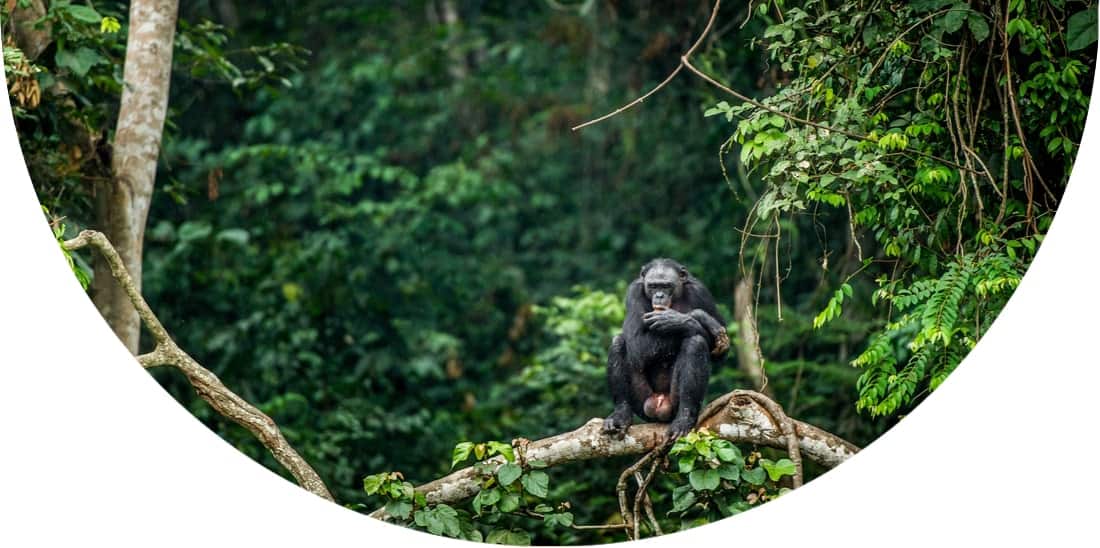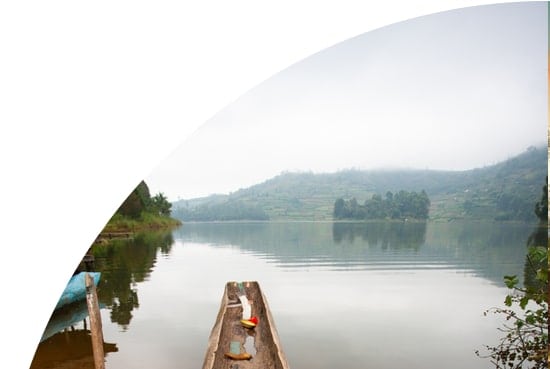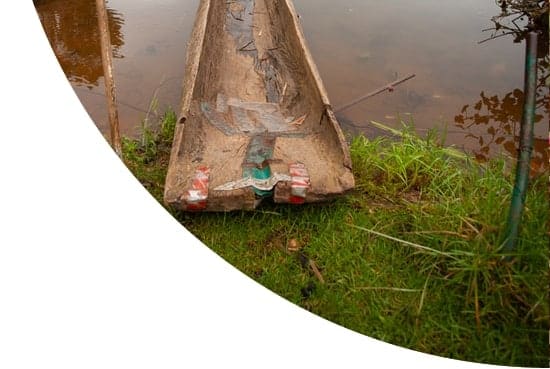Rift Valley fever (RVF) is an acute, fever-causing viral disease that usually affects domesticated animals (such as cattle and sheep), but can also infect and cause illness in humans. The majority of human infections are caused by direct or indirect contact with the blood or organs of infected animals.


Travel Vaccinations for Congo
Recommended Vaccines for Congo
The level of protection needed depends on your medical history and travel itinerary. Book now to get a personalised recommendation from our specialist travel nurses. The consultation costs £20 plus any vaccines you decide to take.
Vaccines Advised To Some Congo Visitors
Flexible appointments with no upfront payment
Book Now
Destination Information for Congo
The Republic of Congo is in Central Africa, not to be confused with the Democratic Republic of Congo, a much larger country bordering it to the East. The entire population of Congo is concentrated in just two main urban areas, the cities of Brazzaville and Pointe-Noire, or in the smaller villages and towns along the railway line connecting them. Around 80% of the country is covered by tropical rainforest, making it a fabulous destination for wildlife watching in the Congo’s many reserves and national parks. The longest dry season in the Congo is May – September, and most tourists find that this is the best time to visit.
The country’s most famous national park, the Odzala National Park is known as one of the most important places in Africa for the conservation of forest elephants and gorillas. There are a number of camps at the reserve with luxury tourist lodges, where you can begin a safari adventure to see amazing birds and animals in their natural habitat. If you’re visiting Brazzaville, make sure you take in the sight of the rapids of the Congo River, where the power of the water is most impressive to watch. There are plenty of places to enjoy a meal, with a variety of cafes, restaurants and hotels in the city, where you can sample ‘Palm Wine’, a local favourite.
Infections and Outbreaks frequently change from country to country and by attending our clinics you will be given the most up to date clinical and safety advice from our team of specialists. Our advice to you often includes aspects such as:
- Food and water hygiene
- Insect and animal bite avoidances
- Personal safety
- Sexually transmitted infections
- Sun protection
- Altitude sickness
Malaria and regions within country:
There is a high risk of P.Falciparum malaria throughout the country and anti-malarial medication is advised.
Additional Health Risks Information for Congo
The vast majority of Congo is considered safe to visit, with just two main areas which are advised against by the Foreign and Commonwealth Office. The largest of these is the area surrounding Brazzaville. While the city itself is not included in these recommendations, the Brazzaville region is affected by violent rebel group activities, crime and armed banditry. There is currently no rail service between Brazzaville and Pointe-Noire. Foreigners may be targeted by criminals, so you should avoid walking anywhere by yourself or at night, and take particular care over your belongings when enjoying the beaches at Pointe-Noire.
As much of Congo is rural, dedicated to National Parks and rainforest, medical facilities can be hard to find unless you are in one of the two main cities. Ensure that your travel insurance will cover you for medical evacuation if necessary, as only very basic treatments can be carried out in Congo itself.
Congo is high risk for malaria and Yellow fever, it is advisable to visit a Travel clinic to get the necessary vaccines, medications and advice before you travel.
Although the wildlife is stunningly beautiful in this tropical country, it can be dangerous too. There are reports of dogs with rabies present in Pointe-Noire, and further reports of cases of the human form of the Ebola virus. Bushmeat is thought to be the cause of a number of illnesses, so take care over the food you choose to eat along with its preparation.



